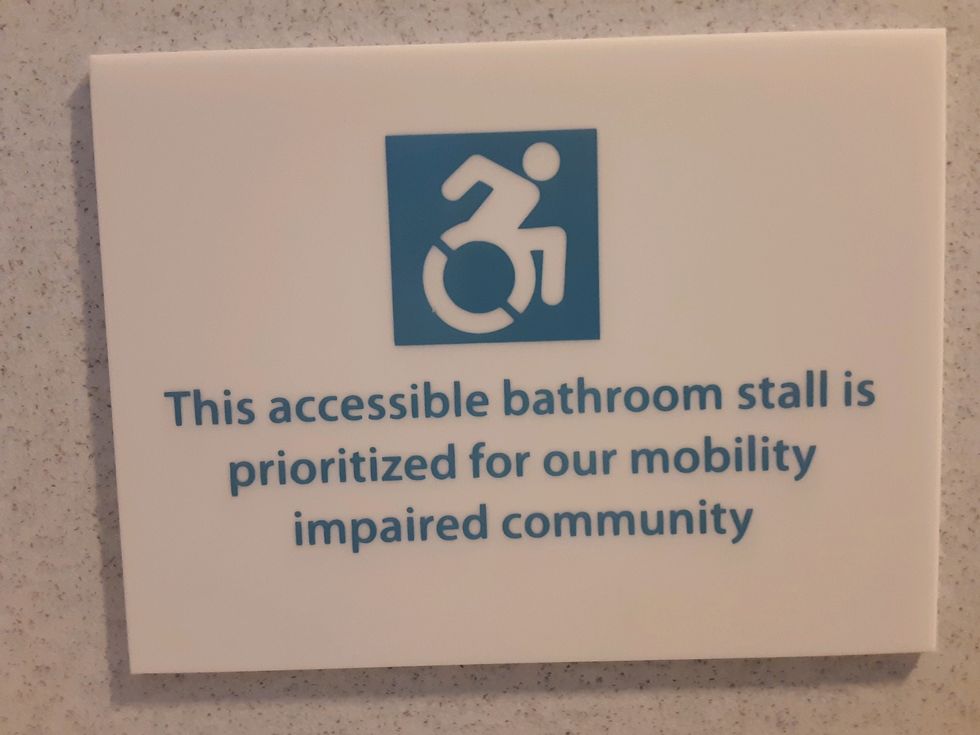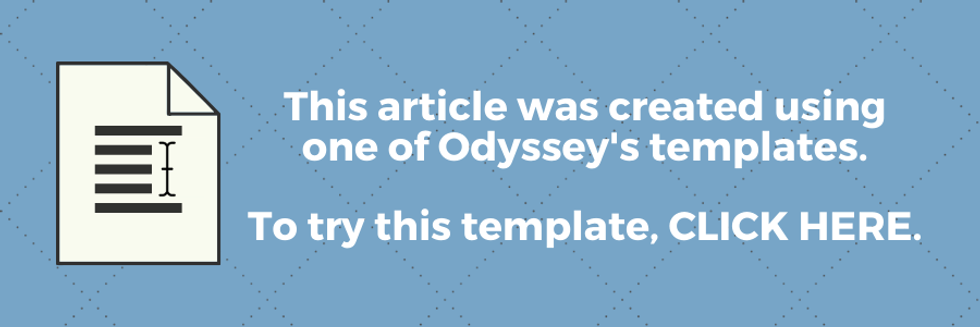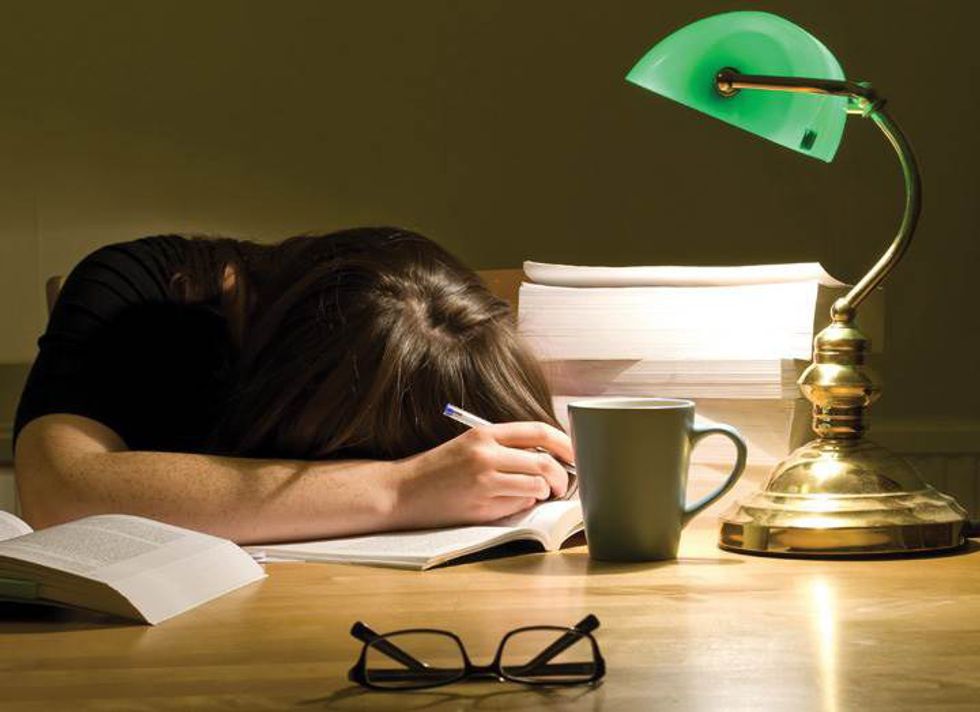I'd like to start out by calling attention to this article's cover photo: you might have seen a handicap sign like this before and not known why, unlike most handicap signs, this kind depicts a person in movement. Is the difference just an artistic whim? No, not exactly. The point of such signs is to portray disabled people as architects of their own lives, not as victims of fate. (That is, the latter is precisely what older handicap signs are taken to suggest.) I find such things very important and interesting, because my twin brother is a wheelchair user.
This article isn't actually about a conversation with one personal care attendant (P.C.A.), but rather about talking to two, or three, if I include myself. The other two are my parents. Prior to coronavirus, my brother employed two P.C.A.s who, as a result of the circumstances, have had to absent themselves from the picture until further notice. That leaves my parents and myself, who are qualified as backup P.C.A.s in the case of an unusual circumstance. This article is for the purpose of setting down some essential thoughts on a surprise situation.
The thing about the phenomenon of COVID-19 is that it plunges everyone into a vulnerable situation. Thankfully, no one in my family has gotten cornovavirus. (One of my brother's regular P.C.A.s did, though, so I suppose it's good that he had to distance himself.) My brother's day program has been closed until later this summer, with Zoom activities filling the gap. I would say about this situation (and I think I speak for my parents, and for my brother) that it's a great blessing to have our health and our well-being while many people do not, but, on the other hand, this is a difficult situation, all of this needing to stick together indefinitely, always waiting for the next uncertain step. My brother and I are 23 years old; we love and appreciate our parents, and yet we know that family members serving as P.C.A.s until further notice is not part of the plan for independent living. Coronavirus won't last forever; but, at the moment, it's an awful kind of limbo.
COVID-19 is inevitably going to alter the ways in which people interact. (I once took a class at Fordham about disability and theories of communication, so I can imagine a bit of what that might be like.) I could suggest a lot of things about society and family and disability and difficulties in crisis situations, but I think I'll let these thoughts be by saying that this is all very strange, that we are relatively very lucky, and that being an essential worker is by no means easy.


















